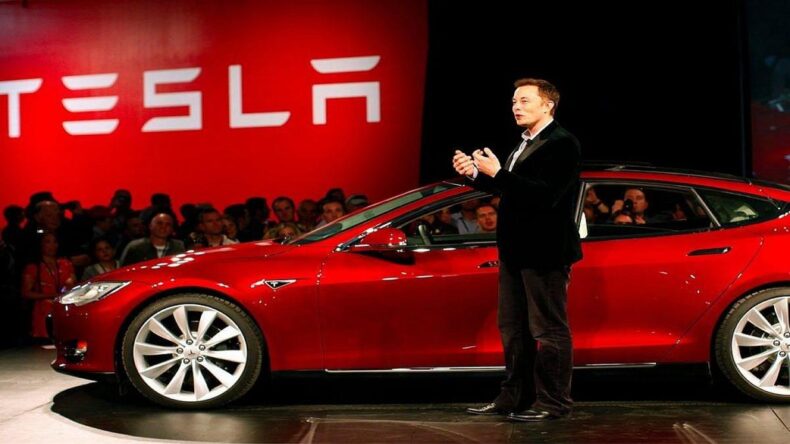The road to a successful Tesla launch in India seems rocky as the Elon Musk-led company grapples with the central government to begin operations in the country.
On Tuesday, the minister of state for heavy industries, Krishnan Pal Gurjar, said that there would be no reductions in import duties for the electric vehicle company if they do not have plans to start manufacturing locally in India.
Tesla launch in India
The Union minister told the Lok Sabha that the company has yet to apply to any scheme offered by the government as per policy or invest under the production linked incentive (PLI) schemes which provide financial incentives to increase domestic manufacturing of automobiles and auto components.
Tesla has been considering the Indian market since 2019, but any plans to enter were delayed, hinting at the high import duties levied on electric vehicles as the cause.
Elon Musk imported fully assembled units for sale instead of manufacturing, producing, and exporting from a local factory.
The company’s demands for a lower levy without a proposed plan for building a factory in the country is the reason for the disapproval by the Union government.
Prime minister Narendra Modi’s administration, has made it clear it will not provide particular incentives to the trillion-dollar firm citing the concern that other companies might follow similar deals.
In response to a query, the minister, Krishnan Pal Gurjar, said,
“The company wants workers from China and the market of India. This is not possible in Modi government… our government’s policy is that if Indian market is to be used, job opportunities will have to be given to Indians.”

Last year, CEO Elon Musk took to social media to express his troubles stating that he is anticipating ‘temporary tariff relief for electric vehicles and that he wants to launch its cars soon but Indian import duties are the highest in the world by far of any large country.’
One of the concerns declared by the company executives was that it would make it easier for Tesla to do business in India if the government was to standardize the tax levied to 40% on electric cars, specifically fully assembled units, or it would not be able to work under the current import duty structure.
This wasn’t the last time Musk spoke about the issue on the internet. Last month, he tweeted,
“Still working through many challenges with the government”
Following this tweet, several Indian politicians from non-bjp ruled states reached out to the founder by inviting him to establish operations with manufacturing plants in their respective states to support his claims to the central government.
The Union ministry of road transport and highways approved four Tesla variants for local sale in 2020, bringing seven variants supported in the country.
The particular versions that have been approved haven’t been named yet, although you may catch a glimpse of test units on Indian roads, as reports have said.
It has not just been Tesla looking to tap into the EV market in India; the company faces tough competition from already established companies like TATA Motors and Hyundai Motor Company which has also launched its first electric car.
Edited By- Subbuthai Padma
Published By- Satheesh Kumar













